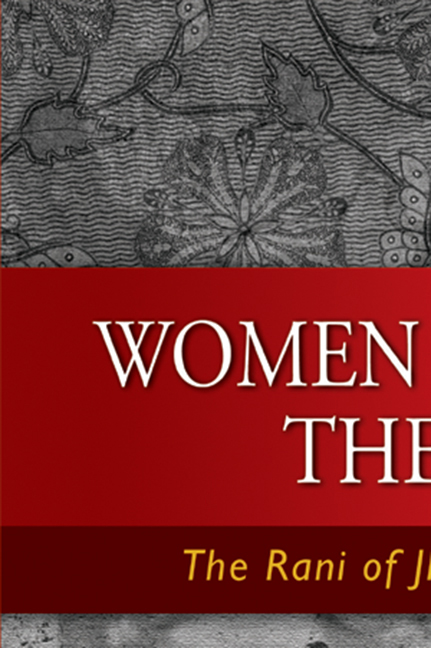Book contents
- Frontmatter
- Dedication
- Epigraph
- Contents
- Message from ISEAS Director
- Foreword
- Preface
- Acknowledgements
- 1 The Historical Rani
- 2 Bengali Nationalism
- 3 Bengali Women Revolutionaries
- 4 Subhas Chandra Bose
- 5 The Indian National Army
- 6 Volunteers from the Malayan Rubber Estates
- 7 The Rani of Jhansi Regiment
- 8 Deployed to Burma
- 9 After the War
- 10 Conclusion
- Epilogue
- Bibliography
- Index
- About the Author
Epilogue
Published online by Cambridge University Press: 21 October 2015
- Frontmatter
- Dedication
- Epigraph
- Contents
- Message from ISEAS Director
- Foreword
- Preface
- Acknowledgements
- 1 The Historical Rani
- 2 Bengali Nationalism
- 3 Bengali Women Revolutionaries
- 4 Subhas Chandra Bose
- 5 The Indian National Army
- 6 Volunteers from the Malayan Rubber Estates
- 7 The Rani of Jhansi Regiment
- 8 Deployed to Burma
- 9 After the War
- 10 Conclusion
- Epilogue
- Bibliography
- Index
- About the Author
Summary
There is a popular impression that it was Mahatma Gandhi and Jawaharlal Nehru who were responsible for India's independence from Britain on August 1947. However, such a perspective does not give credit to the role of Indian Independence Army (INA) headed by Netaji Subhas Chandra Bose in quickening the process of India's freedom. While Gandhi and Nehru were associated with passive resistance, Bose relied on a revolutionary/nationalist struggle from outside to expel the British from India. In recent years, it has come to the light that the fervour of Indian nationalism generated by the activities of the INA proved to be troublesome to the colonial authorities. The British did not fear peaceful protest marches, but the dangerous prospect of a rebellion amongst Indians in the service of the British Indian Army was a deep concern. When Atlee was asked about Gandhi's influence in the decision to grant independence to India, he remarked “minimal”.
There is a feeling that present-day India might not have adequately recognized the role of the INA and specific role of Bose in the independence struggle. Bose's pursuit of a military strategy to defeat the British might not have endeared him to Indians who followed the path of Gandhi and the Congress Party. While the political rehabilitation of the INA and Bose remains a controversial and heated issue in India, the INA left a powerful legacy in countries other than India. In Malaysia and Singapore, the total involvement of Indians in the INA greatly influenced and guided the nature of their post-war political, social, economic and cultural developments. It is often remarked in Southeast Asian academic circles that without an adequate historical understanding of the INA phenomenon, it would be difficult to fathom the complex nature of Indian community's post-war developments.
The INA created such an impact and lasting legacy as a result of the participation of thousands of Indians on the basis of a pan-Indian nationalism in Southeast Asia to free India from British colonialism. Lebra's study of the Rani of Jhansi Regiment provides a rare and an interesting glimpse into the efforts of Indian women who joined the Regiment, the women's wing of the INA, to realize the ambition of an independent India, free from the British rule.
- Type
- Chapter
- Information
- Women Against the RajThe Rani of Jhansi Regiment, pp. 109 - 112Publisher: ISEAS–Yusof Ishak InstitutePrint publication year: 2008



